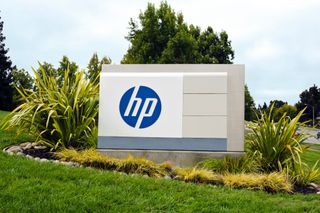HP shareholder deal rejected in Autonomy case
Judge says deal would have improperly protected HP execs from future legislation

HP has said it remains committed to proving Autonomy executives were guilty of alleged fraud, despite taking another knockback in court over a settlement to protect its own executives from lawsuits.
The firm had submitted a proposed settlement with investors that would have seen them drop lawsuits suing the tech giant over its 5.6 billion write down of its 2011 7 billion acquisition of British software maker Autonomy.
But San Francisco judge, Judge Charles Breyer, rejected it on Friday, claiming it was not fair on investors.
Judge Charles Breyer found the agreement would have improperly protected HP from future legislation unrelated to the Autonomy case.
It is the second version of the settlement to be rejected, the first of which would have seen tens of millions of dollars paid to lawyers representing the shareholders.
HP must now submit a different proposed settlement in order to bury the hatchet with shareholders and jointly sue Autonomy executives.
Autonomy CFO Sushovan Hussain and CEO Mike Lynch stand accused as alledgedly being the architects of a massive fraud that inflated the price of the acquisition.
Get the ITPro. daily newsletter
Receive our latest news, industry updates, featured resources and more. Sign up today to receive our FREE report on AI cyber crime & security - newly updated for 2024.
Both deny the claim, and a statement on Lynch's website says differently.
"HP's own paperwork shows that all Autonomy deals were recorded and accounted for. There are contracts and revenue entries. There is no missing money. The only differences are over interpretation of accounting standards," it reads.
A statement from HP on the latest court development said: "While HP is disappointed the Court did not approve the settlement as submitted, the Court recognized that a settlement releasing the HP directors and officers from Autonomy-related claims represents a fair and reasonable resolution of the litigation.
"HP remains committed to holding the architects of the Autonomy fraud accountable."




